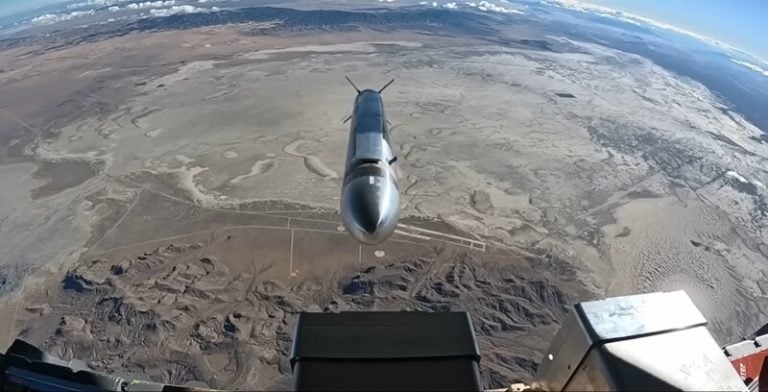Israeli Prime Minister Benjamin Netanyahu has expressed strong support for a controversial proposal put forth by President Donald Trump, suggesting that the United States take control of the Gaza Strip and facilitate the displacement of its residents. This statement was made shortly after Netanyahu’s return to Israel from a week-long visit to Washington, where discussions about Israel’s military objectives against Hamas were held.
During a cabinet meeting in Israel, Netanyahu characterized Trump’s proposal as “revolutionary” and praised the U.S. President for presenting a “much better vision” for Israel’s future. The Israeli Prime Minister highlighted that there is a mutual understanding between the U.S. and Israel regarding the war’s objectives, emphasizing that efforts should focus on ensuring that Gaza no longer poses a threat to Israeli security.
Netanyahu noted, “President Trump came with a completely different, much better vision for Israel — a revolutionary, creative approach that we are currently discussing.” He added that Trump is “very determined” to put this plan into action, believing that it could open up numerous possibilities for Israel.
Despite Trump’s plan facing backlash from international allies and criticism from Arab nations, the U.S. President reaffirmed his approach, stating that the Gaza Strip could be transferred to U.S. control after the ongoing conflict. In a social media post, Trump claimed, “No soldiers by the US would be needed! Stability for the region would reign!!!”
In a related development, Israeli Defense Minister Israel Katz instructed the military to prepare for what he described as “voluntary” departures from Gaza, indicating a potential shift in military strategy as discussions regarding the proposal unfold.
Netanyahu highlighted the significance of his discussions with Trump, asserting that the outcomes could yield substantial advantages for Israel’s security in the long term. Furthermore, the U.S. announced a substantial arms deal with Israel, which includes over $7.4 billion in bombs, missiles, and related defense equipment. This deal, approved by the State Department, consists of $6.75 billion in bombs, guidance kits, and fuses, alongside $660 million allocated for Hellfire missiles.
The backdrop to these developments is Israel’s ongoing military campaign against Hamas, which intensified following the militant group’s attack on October 7. The conflict has resulted in widespread devastation across the Gaza Strip. Although a ceasefire has been in place since last month, halting hostilities and facilitating the release of hostages held by Hamas, the situation remains complex and contentious as discussions about Gaza’s future continue to evolve.







